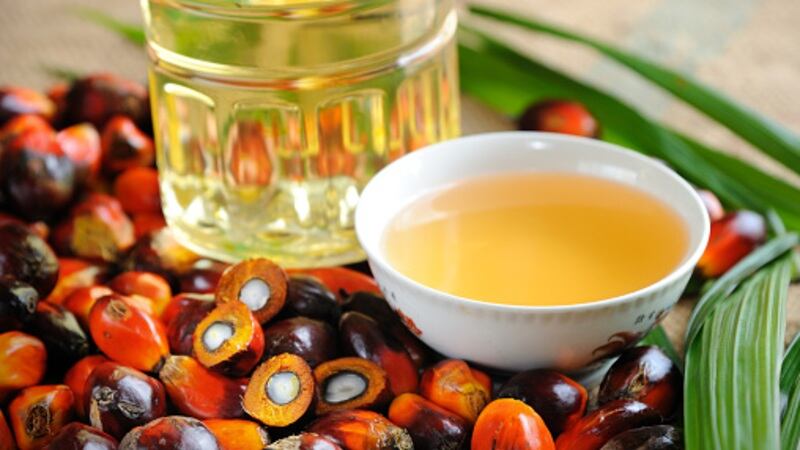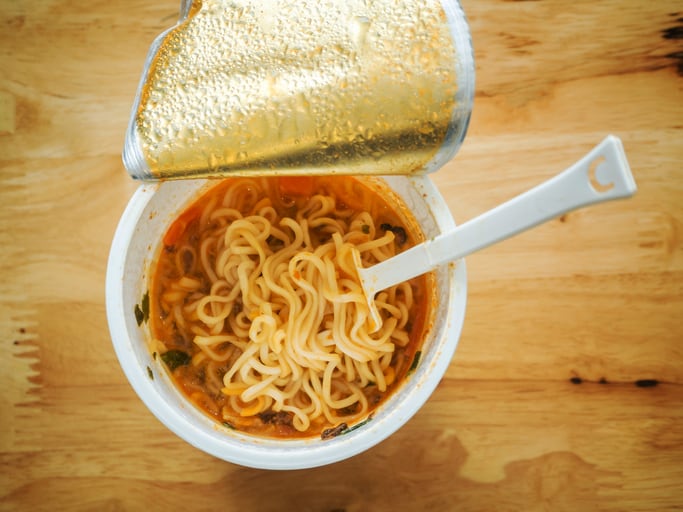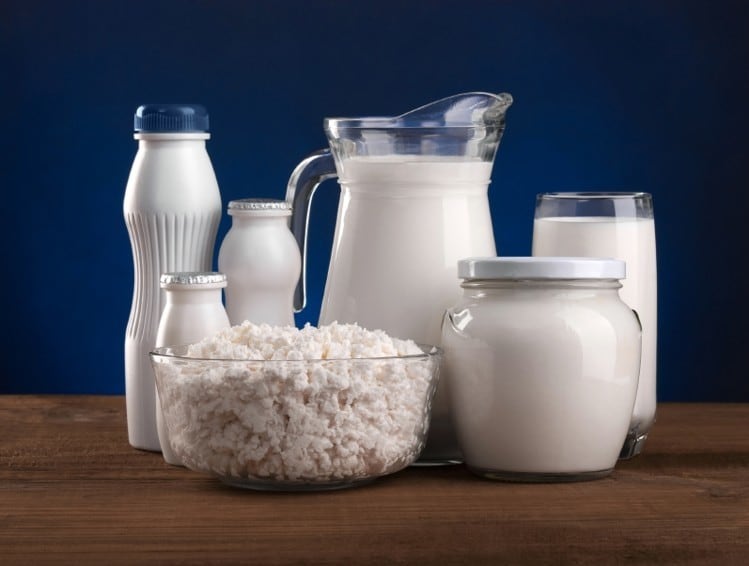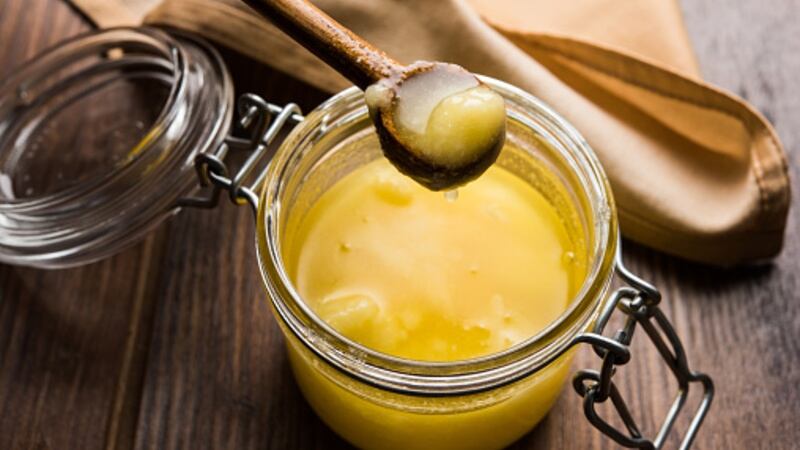Darrell Lea had said it would be the first supermarket brand in the country to be ‘100% palm oil free’ after changing out all of the palm oil in its products with sunflower oil in order to ‘do the right thing’.
“To make way for palm oil plantations, rainforests in South East Asia are being cleared at a rate equal to 300 football fields every hour to keep up with demand. With this relentless destruction comes the loss of irreplaceable habitat, wildlife endangerment and enormous CO2 emissions,” the company claimed.
Darrell Lea Marketing Director Tim Stanford added that: “There is no doubt that palm oil production causes major devastation to rainforests and endangered animals, such as the orangutan.”
In an exclusive interview with FoodNavigator-Asia, MPOC CEO Datuk Dr Kalyana Sundram has dismissed these claims as ‘utter nonsense’, and also issued a challenge to Darrell Lea to prove that their attack on palm oil is for sustainable purposes, and not just a marketing ploy.
“The football fields claim has been going around since initiated by an NGO previously, but anyone worth their salt would know that it’s utter nonsense – we’re cultivating some 5.8 million hectares of land for palm oil today, and it’s taken many years from the 1970s till now just to reach that number. Any retrospective calculation would show what rubbish this is, being put out there just to confuse consumers,” he told us.
“If Darrell Lea is really so concerned with sustainability and this is not a marketing ploy, then we challenge them to prove that they are being fully sustainable with their products – in chocolate there are also other ingredients such as cocoa, dairy and sugar so show us proof and certification that all of these are also certified sustainable.
“Are they bold enough to say that the dairy they are using is not contributing to any climate change and deforestation? A lot of sugar cane in Australia is grown in Queensland and the Northern Territories where extensive land clearing is ongoing – can they prove that their sugar is as clean as consumers would expect? We want to know this, so as to understand why palm oil alone is being singled out for attack.”
Datuk Sundram also condemned the company’s use of wildlife protection as a marketing ploy in promoting its chocolate – Darrell Lea’s main promotional video about this featured an orang-utan playing drums in the jungle to the George Michael song ‘Freedom!’.
“I’ll go a step further to ask Australia not to keep pointing the finger at us when it comes to wildlife and conservation – the bushfires in Australia earlier this year which killed almost a billion animals has been shown by ecologists to be linked to human activity and agriculture,” he said.
“We want to be sympathetic as many people have suffered from this, but it really is unfair to make it seem like we are the only ones involved in wildlife devastation. In addition, MPOC has been regularly contributing to conservation funds and putting money back in to green efforts – how much has this company contributed to such efforts? It’s like the pot calling the kettle black here.
Adding salt to the wound is the fact that Darrell Lea has been a member of the Roundtable of Sustainable Palm Oil (RSPO) since 2015, meaning that it has actually gone through the long process of ensure its products use only Certified Sustainable Palm Oil (CSPO), which needs to be produced according to RSPO standards.
“All of a sudden, they’re deciding to call palm oil unsustainable even though they themselves are a RSPO member – it’s really very unfair for all the producers who have been working hard to maintain sustainability standards and providing CSPO to them,” said Datuk Sundram.
A search on the RSPO website revealed that Darrell Lea is still listed as an RSPO member, although its Annual Communications of Progress (ACOP) files, which are public files used to gauge members’ progress towards 100% RSPO-certified sustainable palm oil, are no longer available on the website.
Darrell Lea’s response
FoodNavigator-Asia has put forth MPOC’s challenge to Darrell Lea, with the firm insisting that its actions are in line with what their consumers are ‘passionate’ about.
“We removed palm oil in response to demand from our consumers. We have chosen Sunflower oil as the preferred alternative,” Stanford told us in an email response.
“Since removing palm oil Darrell Lea has received overwhelming support from our consumers for the move. This is clearly something that our consumers are passionate about.”
Regulation issues
MSOC also wants to know if the firm plans to put a ‘No Palm Oil’ or ‘Palm Oil Free’ declaration to its labelling.
“The first question to ask is, are they going to put this on their label, or will it just be via advertisements? If they are so sure about this, then why not put it on their label – but then, the next question is whether this is in compliance with local food regulations,” said Datuk Sundram.
Stanford also declined to respond to FoodNavigator-Asia’s queries on whether a ‘Palm Oil Free’ label will be added on their product labels, or make any comment as to the compliance of this with local legislation.
Current Food Standard Australia New Zealand (FSANZ) regulations do not have any specific rules governing a potential ‘No Palm Oil’ label, and Datuk Sundram added that MPOC will be taking the matter up with the agency, to request that they make a ruling on the matter.
Another related palm oil labelling matter is that of its declaration in a product’s ingredient list – FSANZ has allowed for this to be labelled as either ‘vegetable oil’ or ‘palm oil’, where palm oil critics tend to consider the former ‘dishonest’ behaviour.
FSANZ previously rejected a 2008 application calling for the mandatory labelling as ‘palm oil’, saying that it was ‘not aware of international food standards that provide a basis’ for this.
Stanford highlighted this practice as ‘misleading product labelling [disguising] palm oil’ and emphasised that many Darrell Lea consumers had requested the removal of palm oil.





